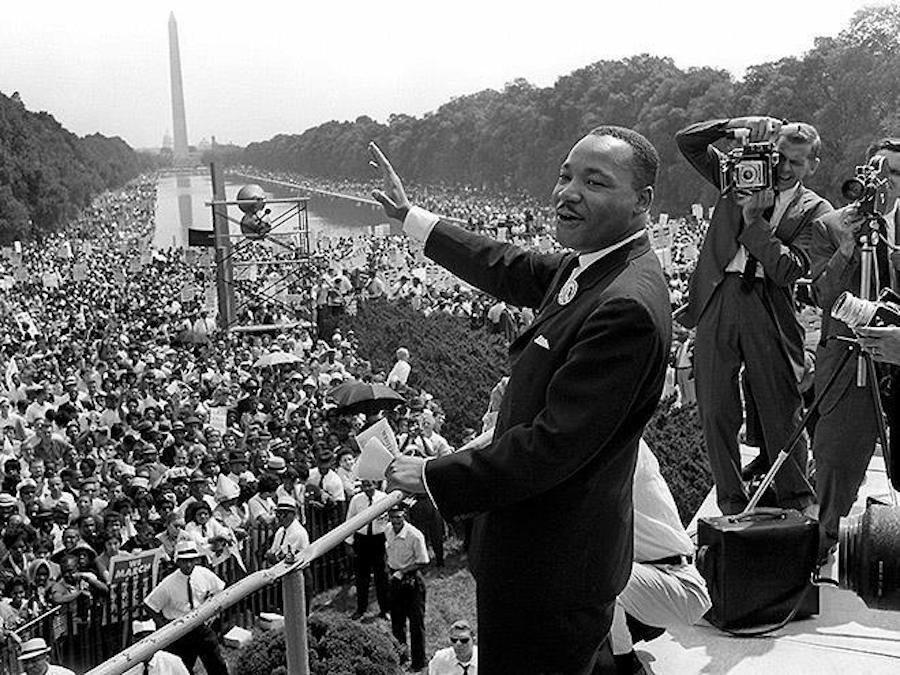The Postal Service delivers economic access and democracy to small communities during the COVID-19 crisis, says a rural letter carrier. Privatization would leave rural America behind, he says.
Alex Fields delivers mail to rural communities outside the city limits of Knoxville, Tennessee. He’s worried that lack of federal support and attempts to privatize the U.S. Postal Service will break the lifeline that the post office provides to rural America.
The Trump administration recently blocked $25 billion in funding for the USPS as part of the CARES Act, instead offering a $10 billion USPS support package on the condition the organization implements changes to its operations, primarily in the form of the increased price of its services. Trump himself threatened to withhold the money late in April. The money would be an extraordinary measure and not part of any regular funding.
Where Fields delivers mail “people rely more on the Postal Service in those areas, even though it’s less mail, less volume.” Some public services like the USPS are designed to serve the needs of a democratic and equitable society, even if that means giving up profits, he said.

“We’re a public service for a reason and we need to stay that way so that we can guarantee that service to everyone, whether we make money on them or not.”
On Wednesday, June 17, Fields participated in a demonstration against the privatization of the USPS. The event, held in downtown Knoxville, was part of a larger AFL-CIO day of action meant to highlight essential workers during the pandemic. Knoxville was one of several similar demonstrations.
About 30 cars circled the post office building in downtown Knoxville, honking and displaying signs calling for public funds to help the postal service during the pandemic. Later, the demonstrators mailed letters to senators and representatives at the blue post office boxes in front of the building.
In April Trump called the postal service “a joke,” but the American public thinks highly of USPS. In the recent Harris poll of 100 most essential companies during the COVID-19 pandemic, the U.S. Postal Service took the top spot.
While many activities like bill-paying are moving online, USPS ensures that rural Americans who have less access to broadband can still perform these tasks offline.
“People in rural areas rely specifically on the Postal Service because many of the services are free and the rest are guaranteed flat-rate,” he said. “It’s going to be the same price no matter where you live. If we’re privatized, that all goes out the window because the rural delivery is the least cost-effective thing we do and if some private company’s trying to figure out where there’s a profit to be made, it’s not there.”
Then there is parcel delivery. Major delivery companies, from Amazon to UPS and FedEx, rely on USPS networks to get packages the last mile to homes and businesses.
“An Amazon truck comes to the post office that will be delivering it, drops it all off in bulk, and then we sort it and actually send it out on the routes because we have the existing infrastructure,” Fields said. “We’ve got carriers going to every address, essentially every address, in the country already.”.
Private companies are more likely to use their own delivery networks in urban areas, which are more lucrative.
“The last places to see that are definitely going to be the most rural areas and possibly they’ll never find it profitable,” Fields said.
U.S. Postal Service receives no tax-supported funding. It relies on sales of postage and other products and services. After the passing of the Postal Accountability and Enhancement Act in 2006, USPS became responsible for securing retirement funds in advance for the following 50 years. Soon after it began accumulating an unsustainable debt.
That type of financial requirement is rare among government agencies. According to a Government Accountability Office (GAO) report “USPS has lost $69 billion over the past 11 fiscal years—including $3.9 billion in fiscal year 2018. USPS’s total unfunded liabilities and debt ($143 billion at the end of fiscal year 2018) have grown to double its annual revenue”
Fields said that if the USPS were privatized, “it’s rural communities who are going to see cuts first, possibly cuts to delivery altogether, and if not that, then at least huge price jumps compared to what people in more densely populated areas pay.”
Many small, local businesses rely on the flat rate postal shipping rates. Free pick-ups and low rates could be first on the chopping block if the Postal Service doesn’t get help, Fields said.
Then there are the mail-in ballots. The pandemic has led to calls for expanding absentee voting, and the post office is the delivery service for sending out and returning ballots.
“Here in Tennessee…[a] court just had a ruling recently that the state had to offer mail-in voting, absentee ballots to anyone who wanted one because of the pandemic.” Normally, Tennessee restricts mail-in ballots to those who are out of town, 60 or older, or meet other requirements.
“We weren’t a mail-in state,” Fields said. “I hope to see that happen in more areas, but if we don’t have a Postal Service that can reliably transport those ballots, it becomes a moot point.”
Fields believes there’s a lot of good that could be done with a properly funded Postal Service.
“The possibilities are really endless. We’ve got physical buildings and staff all over the country, in every geographical area, and there are so many possibilities for what we could do with that if we think of the post office as a public service that could offer things to people and not just as a money-making institution for how do we profit off it.”
This piece was originally published by the Daily Yonder.



